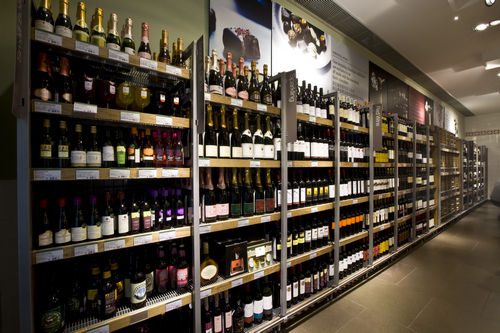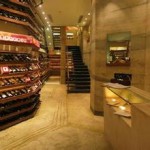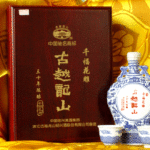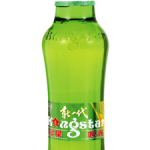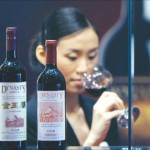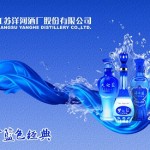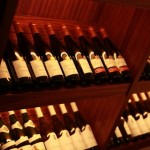Retail of Wine in China
According to a popular industry report, the scale of retail of wine in China is about 60 billion to 70 billion yuan. In 2013, it is expected to exceed 90 billion yuan, and an optimistic estimate says that it may reach 200 billion yuan in five years. The number of potential consumers who can afford to buy wines is larger than 200 million. However, the industry insiders had never been so optimistic. There is still no retailer that has nationwide influence, but there do not lack cases of failure.
From the perspective of consumer behavior, wine is still being introduced into China, and its market is far from being mature. Most consumers do not have much relevant professional knowledge, and have to rely on the professional to make choices. Thus, the likelihood that a consumer goes into a shop and makes a purchase on his own is remote. However, a few wine agencies like Everwines(桃乐丝), Aussino(富隆酒业) and Ruby Red(红樽坊) have started their business in pure retailing instead of making the shop like an exhibition hall.
Also, professional wine retailers have also noticed the development chances in China. Take Enoteca, the Japanese professional wine retailer which was founded in year 1988, and Watsons Wine Cellar as examples. They both have ample experience in wine retailing in Asia, and they both opened their first shop in mainland China in Shanghai(上海) in year 2010.
Domestic wine retailers also have much influence in China’s second and third tier cities. Jiujiajiu(久加久酒博汇) in Zhejiang, for example, has 23 outlets in Hangzhou(杭州), which reflects its ability to permeate into the market.
Naturally as a type of fast moving consumer goods, wines have been frequently seen in chain stores and supermarkets. City’Super, Carrefour and Wal-Mart have all had wine selling sectors. Marks&Spencer have opened several shops in mainland China successively, which aims at having a share in low end wine market. Thus, wine agencies, wine retailers, and supermarkets compose three physical channels of wine retailing in China.
Wien agencies, typical representatives of which are Everwines(桃乐丝), Just Grapes(葡醉), Aussino(富隆酒业) and Ruby Red(红樽坊), are mainly located in first tier cities. They function like flagship stores. They have propagandas, and display the brand images. Some of them offer seats and snacks to attract people.
Wine retailers, whose representatives are Enoteca, Watson’s wine cellar, and Jiujiajiu, are mainly located in first and second tier cities. There are often professionals to offer advices. Also, they are mostly located in downtown, and display an atmosphere of professionality. Products are mostly higher and middle class.
Supermarkets like City’Super and Carrefour spread in cities of all levels. Wines are placed in a special zone, and open to customer selection. Products are mostly middle and lower class, and there are occasionally sales.
Which one of these three will take the lead? Or will they grow into a balanced situation? Will physical shops be threatened by online retailing of wines? Wait to see.
Edited for Daxue Consultant China (Twitter about China Market Research & Linkedin about China Research)
Sources:
- Zhongguo wine
- Wine online
- Wine Searcher
- FT
Credit Photo: Sina


